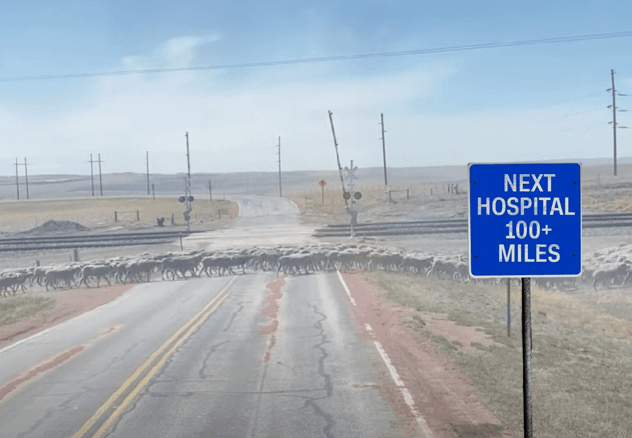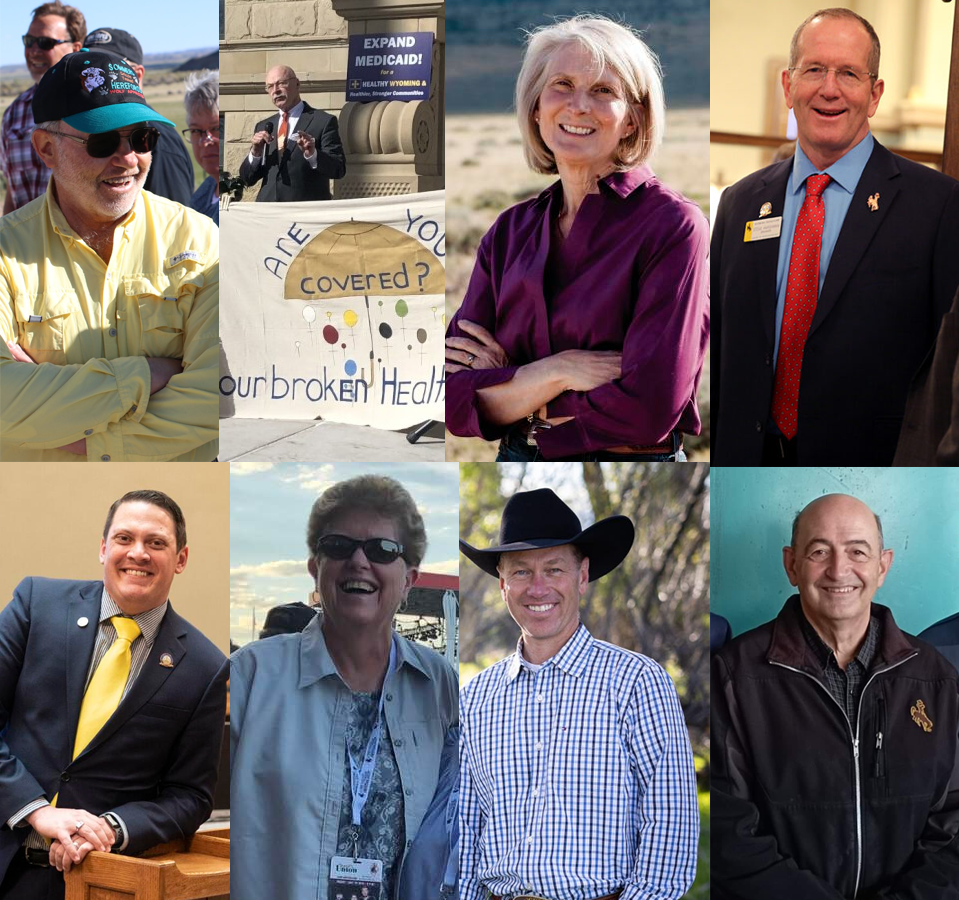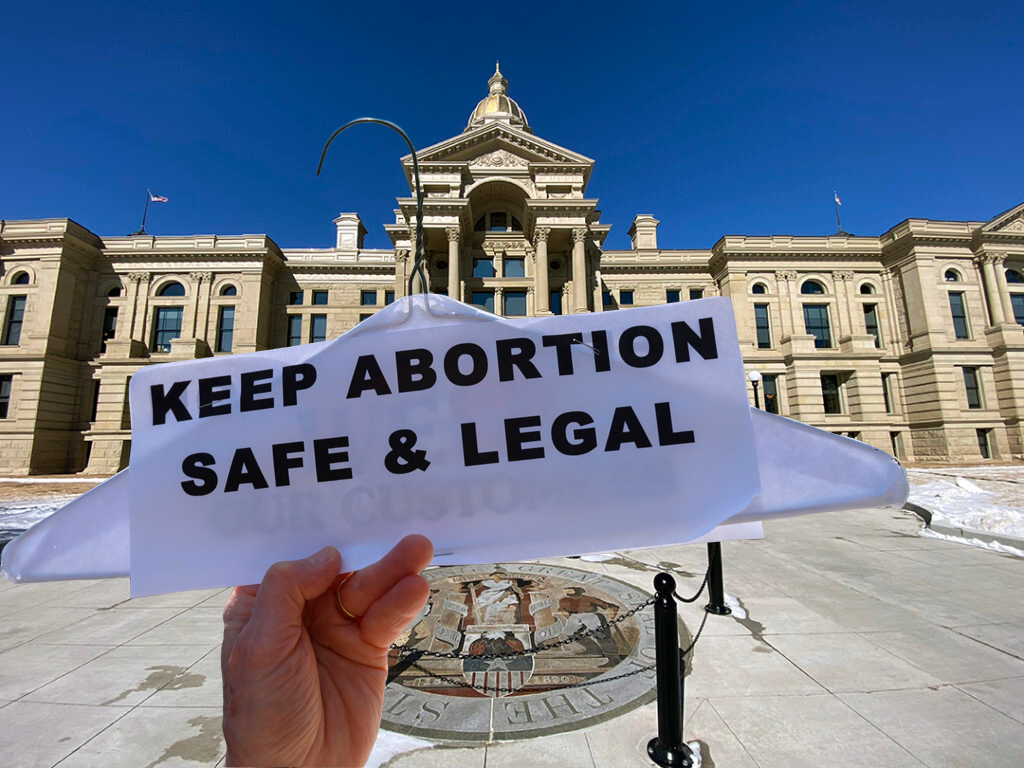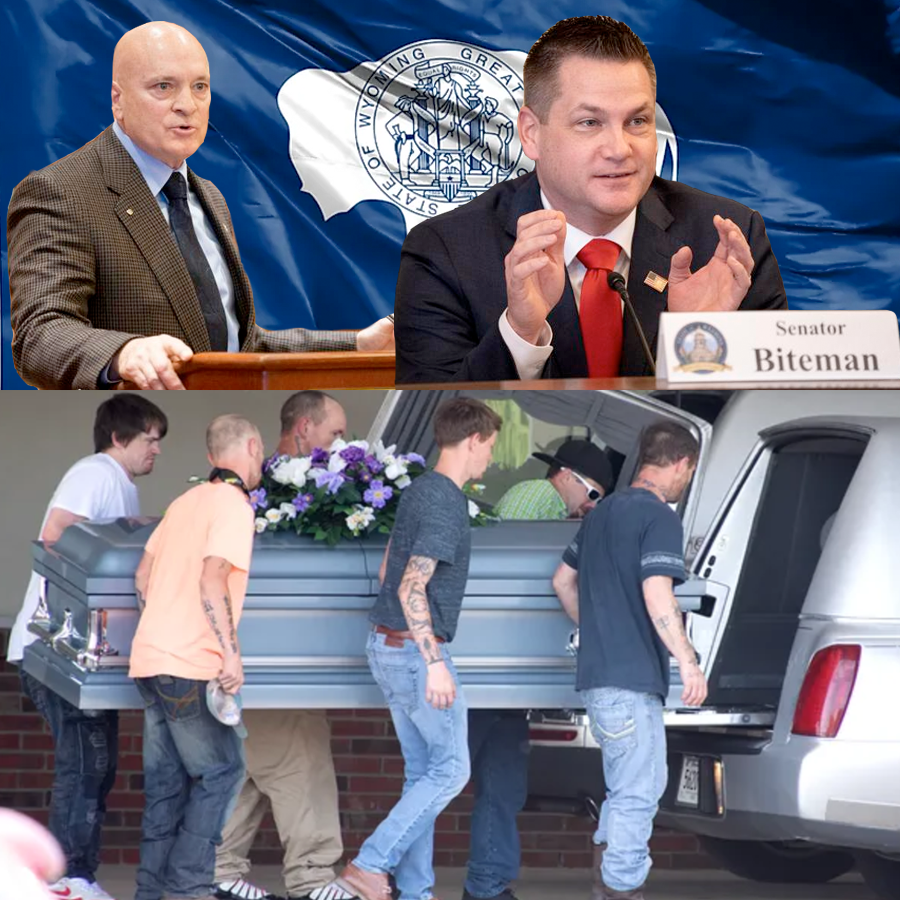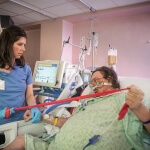REPORT: Distance to care and lack of transportation prevent Wyomingites from accessing healthcare
Better Wyoming conducted a research campaign over five months in 2023 to identify what people think are the most pressing issues when it comes to healthcare in our state.
We summarized the results in our 2023 healthcare campaign report, and in a four-part series of articles we will explore each topic in depth.
This is the third article. The first article looks at Wyoming’s physician shortage, the second looks at the lack of affordability, and the third describes a lack of mental health resources.
++
During Better Wyoming’s ongoing healthcare campaign, we’ve identified some of the top issues state residents face: a lack of medical providers, affordability of insurance and treatment, and a lack of mental healthcare.
Also on the list is an issue that ties to all three: finding transportation for non-emergency healthcare services.
Getting from one place to another to see a doctor can be a huge problem in our expansive but sparsely populated state. Because there are few doctors, and even fewer specialists, residents must often travel long distances to other cities or outside of Wyoming to find someone who can treat them.
There are services in Wyoming that connect people with travel resources for healthcare, but they are often here today, gone tomorrow—or sparse and difficult to access.
If people don’t know what financial and other help is available for travel, they must find their own drivers and pay all costs for healthcare trips, including gas, food and hotels.
These add to the already daunting high cost of healthcare Wyoming residents face.
Serious conditions and no transportation
Deb Thomas, a Better Wyoming volunteer in Riverton, has witnessed firsthand the effects when serious health issues are compounded by the inability to travel for care.
“There are few specialists in our rural areas, except those who may make one or two visits a month,’ Thomas said. “If people don’t know the transportation resources that are available, and they don’t have anybody to ask for help, they’re going without medical care.”
Thomas is someone who’s been asked for help. Her neighbor, who needed a hip replacement several years ago, required a ride to a Casper hospital for tests and then to Jackson for consultations before surgery.
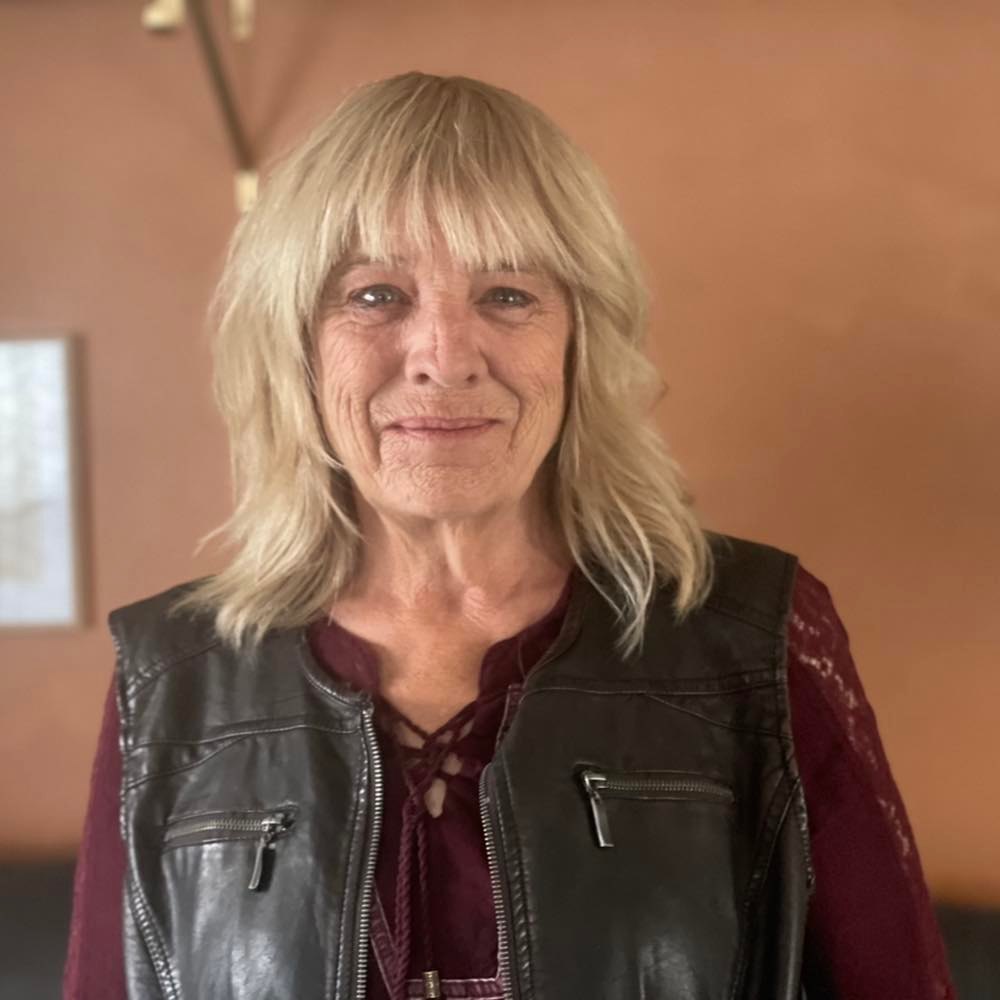
Thomas drove him.
After surgery, the man returned to Riverton, where he lives alone, and he fell and was injured. Without home health care or transportation, it was Thomas who checked in on him.
“He was in a lot of pain,” she said. “His doctor, who made trips to Riverton to see patients, practices in Thermopolis, so I drove him there. X-rays showed that he actually broke both sides of his pelvis.”
After a long rehab stint his medical condition improved, but without an incredibly generous neighbor to drive him all over the state, it’s hard to say what his life would have been like.
It’s also hard to know how many other people are in Wyoming with serious medical conditions and no transportation to the doctor.
A successful program defunded
One organization that tries to keep track of who needs this kind of help is “Wyoming 211,” which is part of a national network that connects people in need with healthcare, employment, social services, and other community resources available in their local area.
“We collect data that helps us identify gaps in services that can be caused by lack of funding or other reasons, and we share it with community leaders so they can analyze and prioritize what they should be doing with their available funds,” Sabrina Lane, 211’s executive director, told Better Wyoming.
“We find a lot of barriers, especially transportation.”
“Because we live in such a rural and frontier state, a lot of resources that people need aren’t available. We find a lot of barriers, especially transportation.”
After years of recognizing the lack of transportation services as a desperate problem, “Wyoming 211” took a step to address it.
In October 2022, it launched an ambitious pilot program for healthcare travel in Albany, Laramie, and Natrona Counties.
People who needed rides to doctors’ appointments, healthcare clinics, and related facilities could schedule a limited number of free rides per month that offered door-to-door services.

The program also offered passes worth $300 that could be used for up to 10 rides.
The pilot program, called Ride United Transportation Access, was funded by a grant from United Way Worldwide, a charitable nonprofit.
Unfortunately, after a year of success, Wyoming 211 reapplied for the RUTA grant and was bypassed in favor of larger communities. It gave its last ride in June.
Lane is hopeful that other potential funding sources will be found and the program resurrected.
A scattered hodgepodge of resources
There exist some other resources in Wyoming for transportation help to medical visits, but they are scattered and often hard to access.
Wyoming Medicaid reimburses some people 26 cents per mile and a portion of lodging expenses to go to medically-necessary appointments. But not all Medicaid enrollees are eligible for the program, even though Wyoming has among the most restrictive access to Medicaid overall in the nation.
There are seven “Independent Living Centers” in Wyoming through which people can apply for travel assistance. There are no income requirements, but an individual must pay in advance and be reimbursed.
The Wyoming Department of Transportation offers a voucher program for healthcare travel, but it is administered by the seven independent centers, which each have different eligibility requirements.
For people with limited incomes facing health conditions, who are already navigating the world of health insurance and doctors’ visits, trying to secure travel help through this complex, confusing hodgepodge adds another layer of unnecessary difficulty.
Even the helpers need help
Ironically, sometimes the people who provide rides to doctors’ appointments have their own healthcare transportation problems.
“I went to my doctor, and he said, ‘There’s nobody in Wyoming who can help you.’”
Thomas, the Riverton volunteer, said a car accident years ago still causes her to occasionally have vertigo symptoms.
Fortunately, she said, they don’t last too long, but if she wants help she needs to travel great distances to receive it.
“I went to my doctor, and he said, ‘There’s nobody in Wyoming who can help you,’” Thomas said. “He recommended I go to a teaching hospital in another state, but the earliest I could get an appointment is in February. I don’t like to drive in the winter, so I think I can wait until June.”
She’ll likely drive herself, despite her condition. “I’m a single woman,” she said. “I don’t have anyone I can ask.”

